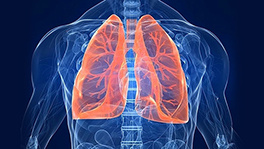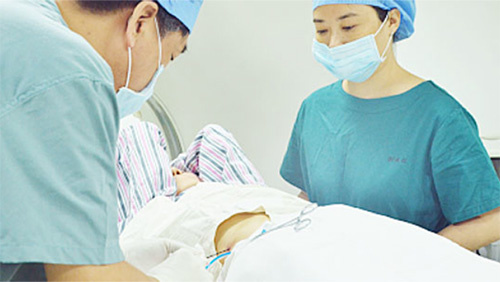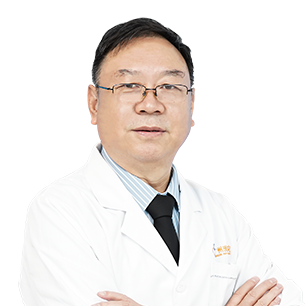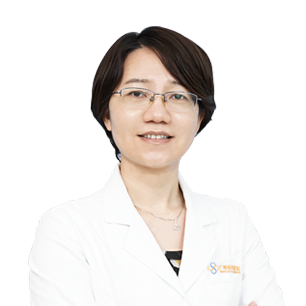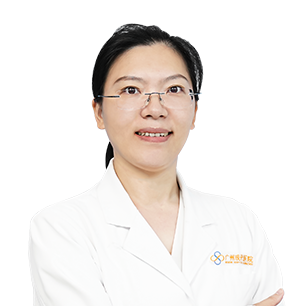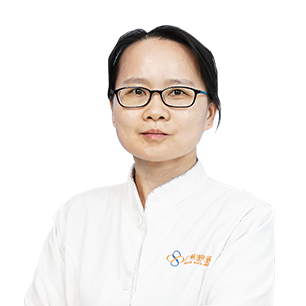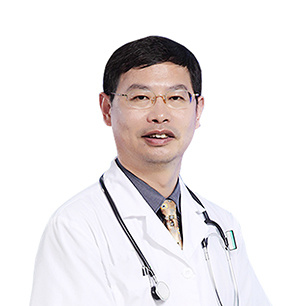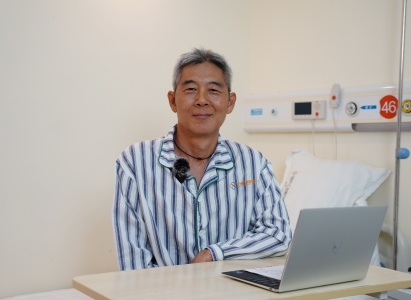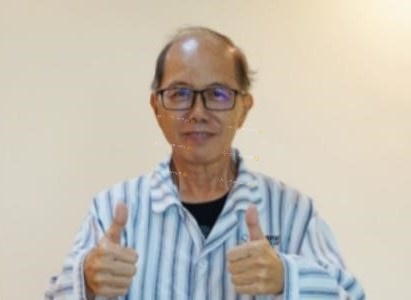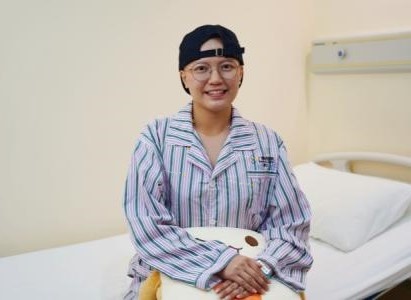 Views:140
Views:140 2024-10-25
2024-10-25 Share
Share
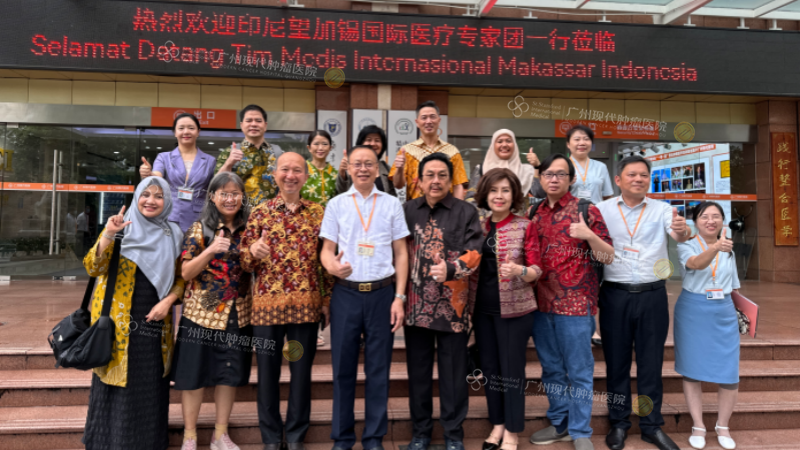
Group photo at the hospital entrance
Wang Huaizhong (President of St. Stamford Modern Cancer Hospital Guangzhou), He Langbing (Director of the International Affairs Department), and Yang Jinna (Director of the Hospital Office) welcomed the arrival of the international medical experts group from Makassar and gave them a cordial reception. On behalf of the whole hospital staff, President Wang expressed his sincere gratitude to the Indonesian medical group for their great support to the offices of St. Stamford Modern Cancer Hospital Guangzhou and presented souvenirs to the representatives of the experts team.
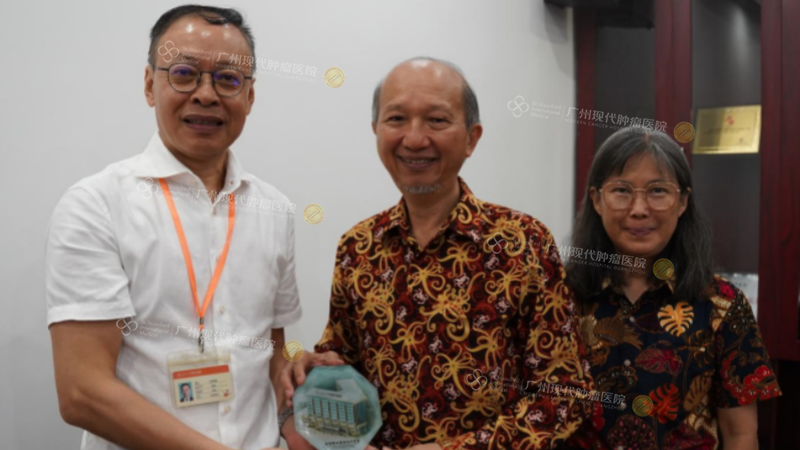
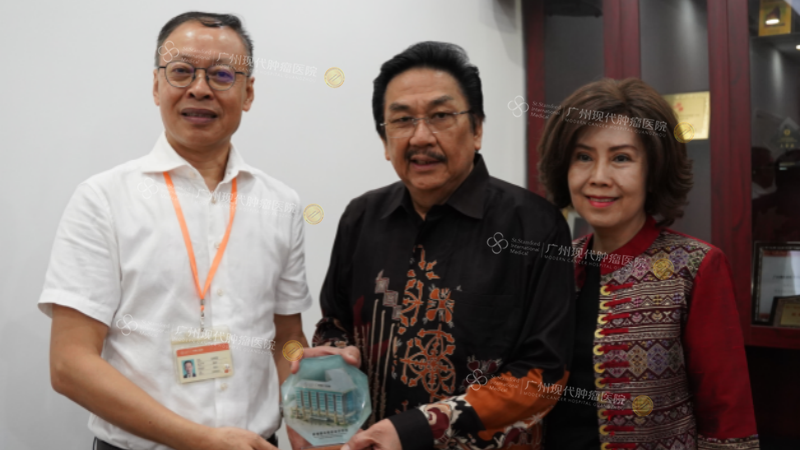
Presentation of souvenirs
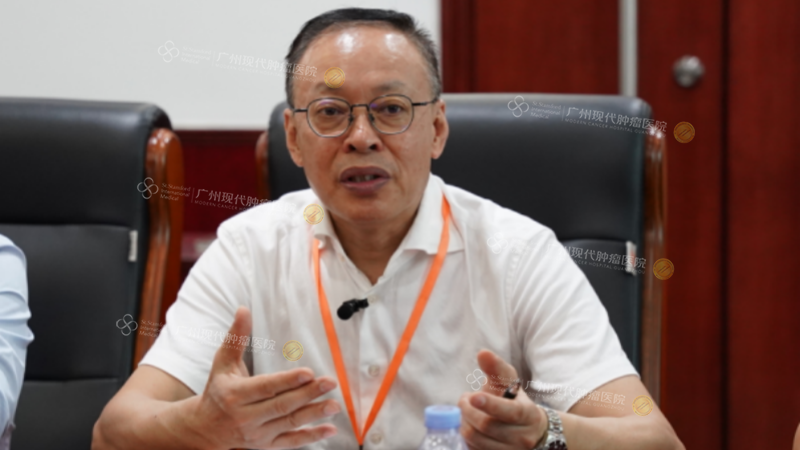
Statement by President Wang
During the field understanding stage, the delegation visited the basic departments, minimally invasive room, interventional room, remote consultation room, international oncology ward, and air garden of the hospital. They also observed the arterial perfusion surgery and argon helium knife cryoablation surgery. In the minimally invasive surgery of argon helium knife for tumor treatment, the process of argon helium knife alternating hot and cold to freeze the tumor into an ice ball, and then warming it up to 20-40 degrees to circulate and destroy the cancer cells to make the tumor ablate eventually triggered the delegation's strong interest and they have asked questions to the presenting doctors at the same time while they have appreciated it greatly.
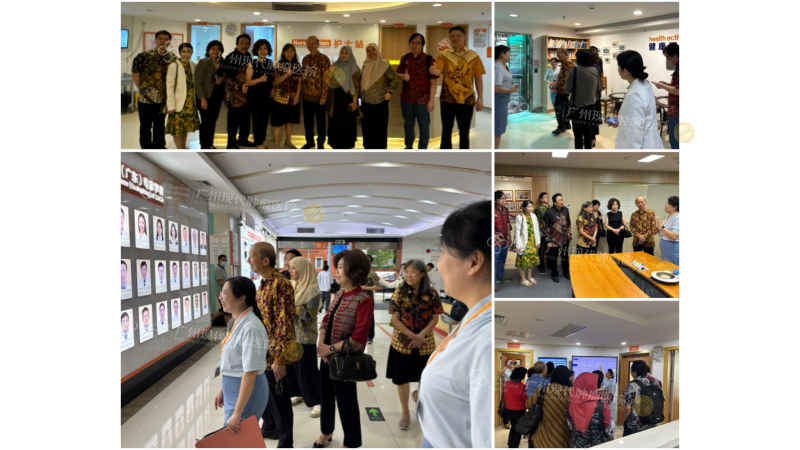
Visiting hospital
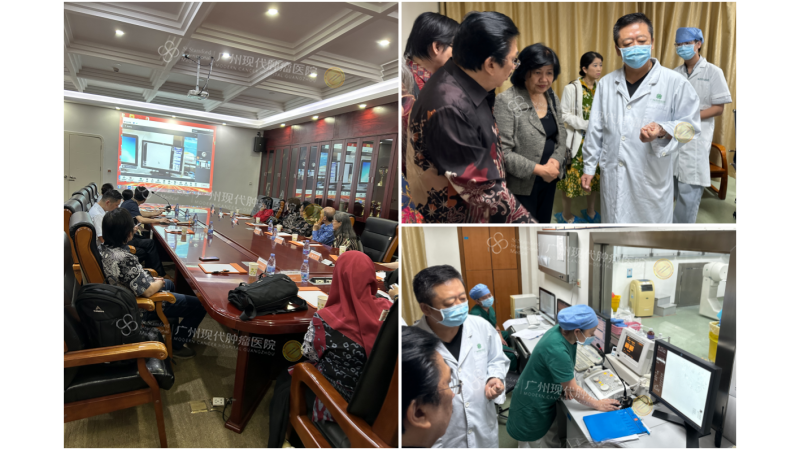
Explain by Director Ban Zhonghua
Visit of minimally invasive room
In the afternoon of the 21st, Prof. Song Shijun, the chief expert and assistant to the president of the hospital, shared the MDT expert team of the hospital and introduced the 18 minimally invasive tumor technologies of the hospital, explained in detail the cutting-edge minimally invasive tumor technologies, such as interventional therapy, seed implantation, and combined knife, etc., and made a vivid rendition of them with cases. Prof. Song said that the treatment advantages of minimally invasive tumor technology of St. Stamford Modern Cancer Hospital Guangzhou lie in small trauma, short treatment cycle, fast recovery, precise positioning, high treatment effect, avoiding to the maximum extent the damage of traditional surgery, radiotherapy and chemotherapy to the patient's organism and body immunity, and improving the patient's survival cycle and quality of life. The treatment effect is remarkable for tumor patients who are physically weak and unsuitable for surgery and those in the middle and late stages. In response to Prof. Song's explanation, members of the expert group gave positive feedback and asked Prof. Song for advice on various issues such as applicable techniques for cancer patients and treatment principles for different diseases.
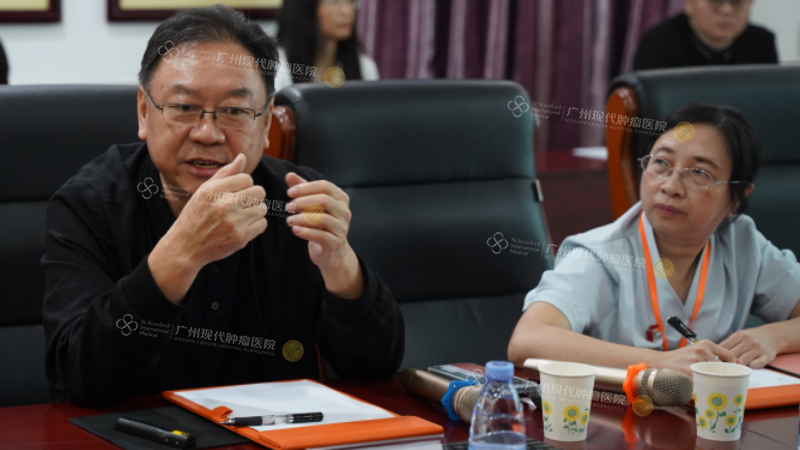
During this visit, the expert group members visited Indonesian patients at our hospital. One patient, Ms. Tasi, who has rectal cancer, was thrilled to see her former doctor from the expert group. She expressed her happiness at being at St. Stamford Modern Cancer Hospital Guangzhou for treatment, calling it a surprise.
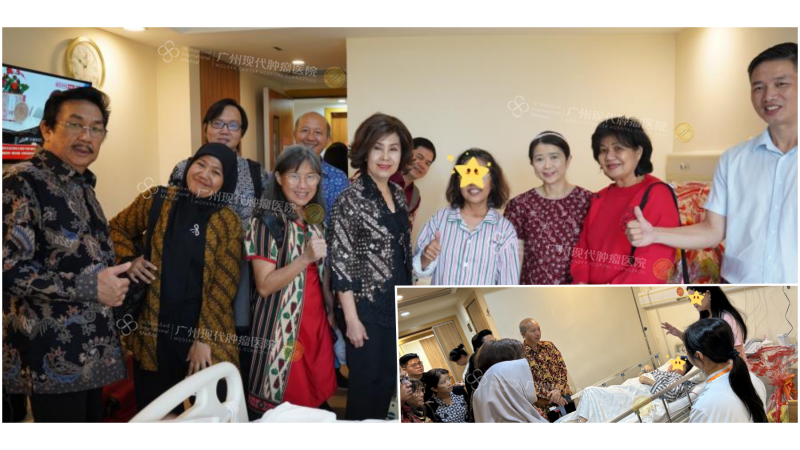
The representative of the expert group stated that the trip was very rewarding. During the visit to St. Stamford Modern Cancer Hospital Guangzhou, he gained a better understanding of the hospital's development, diagnostic and treatment methods, treatment technology, and overall environment. He also deeply appreciated how the hospital, as a JCI-accredited facility known for its high-quality international medical services, pays attention to the details, psychology, and overall care of its patients. He expressed a strong desire to establish a close friendship and further cooperation with Modern Cancer Hospital Guangzhou, and to work together to promote the advancement of medical and healthcare in both China and Indonesia.
St. Stamford Modern Cancer Hospital Guangzhou has set up over ten international oncology consulting centers in Southeast Asia and other countries. This visit signifies the establishment of another medical cooperation bridge between Makassar and Guangzhou. We hope to further enhance communication and collaboration in the medical field, promote ongoing innovation and development in minimally invasive oncology, and provide new hope for treatment to more cancer patients.






